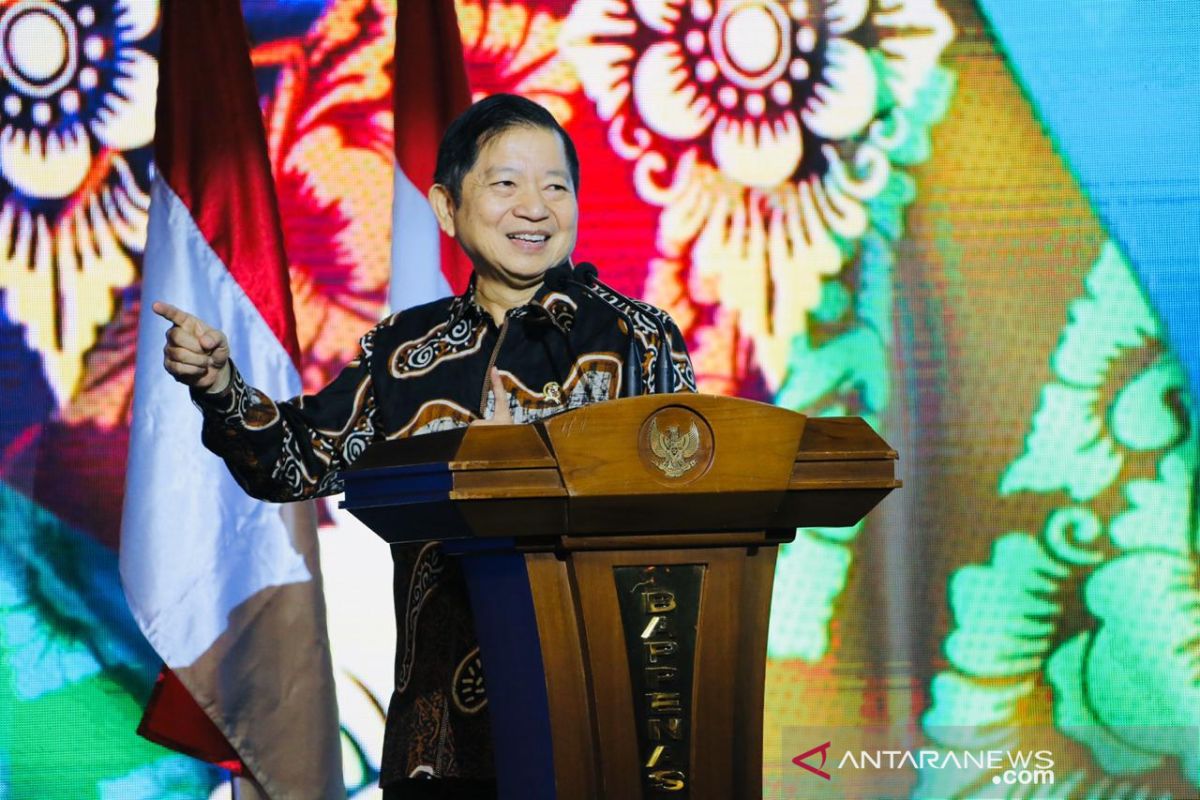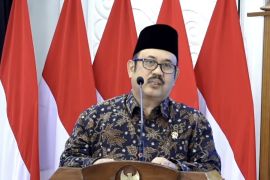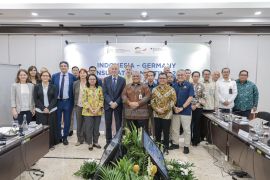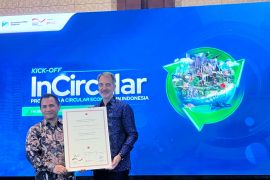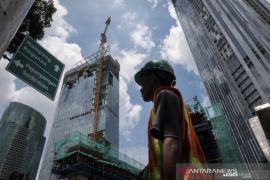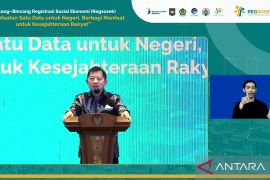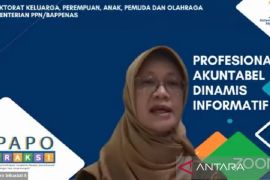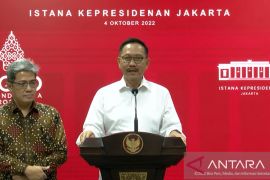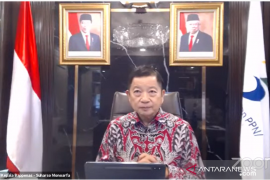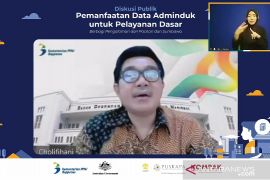Innovative efforts, innovative financing, and major actions must be the driving force to achieve the ambitious targets of the SDGsJakarta (ANTARA) - Minister of the National Development Planning Agency (Bappenas) Suharso Monoarfa again drew attention to the criticality of making innovative efforts and taking major actions to attain the targets of sustainable development goals (SDGs) by 2030.
"Innovative efforts, innovative financing, and major actions must be the driving force to achieve the ambitious targets of the SDGs," Suharso remarked while opening the 2019 workshop of Global Sustainable Development Report and Operationalizing Its Finding for the Asia Pacific Region in Jakarta on Wednesday.
Monoarfa expounded that efforts to achieve the SDGs cannot entail the mere application of conventional methods since breakthroughs and innovative methods are direly needed.
Related news: Bappenas signs MoUs to achieve SDGs target
"SDGs cannot be achieved in the usual way. We need to change business processes and development planning through stronger efforts from all stakeholders to ensure the fulfillment of the 2030 Agenda," he stated.
On this occasion, Suharso made assurance of the government’s strong commitment to implementing SDGs with various supporting regulations issued by President Joko Widodo.
Presidential Regulation No. 59 of 2017 on Implementation of Achieving Sustainable Development Goals serves as a legal basis for the preparation, implementation, monitoring, evaluation, and reporting of SDGs in Indonesia.
"The presidential regulation appoints the minister of Bappenas as the coordinator for the implementation of SDGs in Indonesia in the SDGs National Coordination Team," Suharso stated.
Related news: New capital city design to incorporate SDGs: Ministry
However, Suharso believes several challenges still lie ahead for Indonesia in the implementation of SDGs, one being the limited resources to help expedite achievements.
To this end, the Ministry of Bappenas will identify apt inputs to be incorporated into the national development planning agenda during the three-day workshop.
In accordance with the implementation of SDGs, Suharso affirmed that Indonesia had also launched the Low Carbon Development Initiative.
This initiative is a development policy that facilitates achievement of goals for economic growth, poverty alleviation, and sectoral development while preserving natural resources and the environment.
Related news: Indonesia prepped to contribute to realization of SDGs: President
By and large, the implementation of SDGs in Indonesia, having entered its fourth year, has made noteworthy progress. Furthermore, Indonesia has lowered inequality through inclusive economic growth and increased employment opportunities and access to education.
The workshop’s attendees comprised German Ambassador to Indonesia Peter Schoof as well as representatives of the United Nations Department of Economic and Social Affairs (UNDESA), Food and Agriculture Organization (FAO), International Fund for Agricultural Development (IFAD), Deutsche Gesellschaft fur Internationale Zusammenarbeit GmbH (GIZ), United States Agency for International Development (USAID), and the Japan International Cooperation Agency (JICA).
Related news: Bappenas highlights significance of non-state budget funding for SDGs
Translator: Satyagraha, Azis Kurmala
Editor: Rahmad Nasution
Copyright © ANTARA 2019
